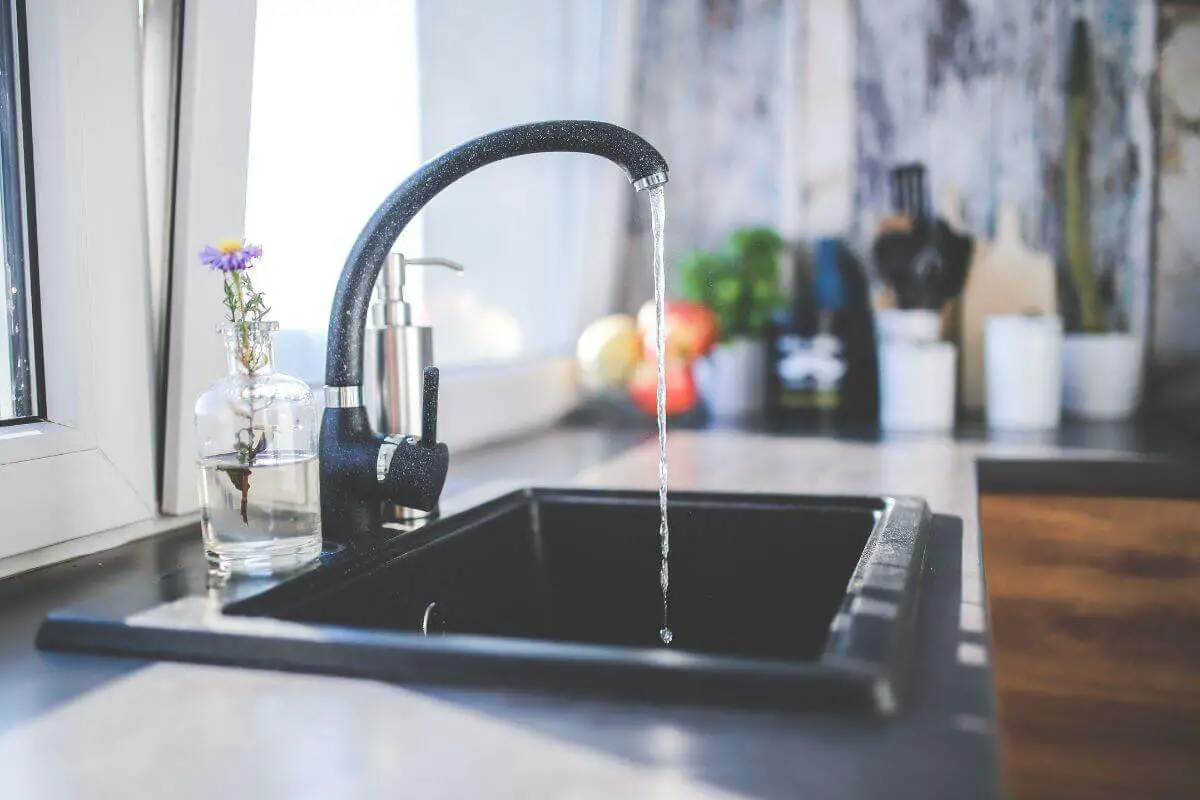Introduction
When it comes to kitchen sinks, two popular choices are cast iron and stainless steel. Both materials offer unique advantages and have their distinct appeal. As the heart of your kitchen, the sink plays a crucial role in food preparation, dishwashing, and general cleaning. Understanding the differences between cast iron and stainless steel sinks can help you make an informed decision based on your needs and preferences. In this article, we will compare the features, durability, maintenance, and aesthetics of cast iron and stainless steel sinks.
1. Cast Iron Sinks: Timeless Elegance and Durability
Cast iron sinks have been a classic choice for kitchens for many years. They are made from solid iron and coated with a thick layer of enamel or porcelain. Cast iron sinks are known for their timeless elegance, offering a traditional and sophisticated look that complements various kitchen styles. They are highly durable, resistant to chipping and cracking, and can withstand heavy daily use.
2. Stainless Steel Sinks: Sleek and Versatile
Stainless steel sinks, on the other hand, are a more modern and versatile option. They are made from a combination of steel, nickel, and chromium, giving them a sleek, contemporary appearance. Stainless steel sinks seamlessly fit into various kitchen designs, from traditional to minimalist and industrial. They are popular for their practicality and ease of maintenance.
3. Comparing Durability and Longevity
Both cast iron and stainless steel sinks are durable choices, but they have different properties. Cast iron sinks are exceptionally sturdy and can last for several decades with proper care. The thick enamel or porcelain coating protects them from scratches and stains, ensuring a long lifespan. Stainless steel sinks are also durable and can withstand regular use. While they may be more susceptible to scratches, high-quality stainless steel sinks with a thicker gauge offer excellent durability and can last for many years.
4. Resistance to Stains and Scratches
Cast iron sinks have a non-porous surface due to their enamel or porcelain coating, making them highly resistant to stains. They are also less likely to show scratches, maintaining their smooth and glossy appearance. On the other hand, stainless steel sinks can show more visible scratches, especially on lower gauge options. However, many stainless steel sinks come with a brushed finish that helps mask minor scratches and provides a matte appearance.
5. Maintenance and Cleaning
Both types of sinks are relatively easy to maintain. Cast iron sinks should be cleaned with non-abrasive, mild cleaners to preserve the enamel or porcelain coating. Avoid using harsh chemicals or abrasive scrubbing pads that could damage the surface. Stainless steel sinks can be cleaned with mild soap and water or stainless steel cleaner. They are resistant to most chemicals, making them easy to care for in busy kitchens.
6. Aesthetics and Design Options
Cast iron sinks are known for their classic and elegant appearance. They come in various colors and styles, allowing you to choose the one that best complements your kitchen decor. Stainless steel sinks offer a sleek and modern look that fits well in contemporary and minimalist kitchens. They also come in different finishes, such as brushed or polished, to match your style preferences.
7. Sound Dampening and Noise Reduction
Cast iron sinks tend to be quieter during use due to their dense and solid construction. The thick enamel or porcelain coating helps dampen noise from running water and dishes. Stainless steel sinks can be noisier, especially if they have a thinner gauge. However, many stainless steel sinks come with sound-deadening pads or undercoating that reduces noise and vibrations.
8. Heat Resistance
Both cast iron and stainless steel sinks are heat-resistant to a certain extent. Cast iron sinks can withstand high temperatures without damage to their enamel or porcelain coating. However, it’s still recommended to avoid placing hot cookware directly on the sink surface. Stainless steel sinks are also heat-resistant, but they may show heat marks if hot pots or pans are left in contact with the surface for an extended period.
9. Cost Considerations
The cost of sinks can vary depending on the brand, size, and features. In general, cast iron sinks tend to be more expensive than stainless steel sinks. The higher cost of cast iron sinks is due to their premium materials and traditional craftsmanship. Stainless steel sinks are more budget-friendly, making them a popular choice for cost-conscious homeowners.

10. Installation and Weight
Cast iron sinks are heavier than stainless steel sinks due to their solid iron construction and enamel coating. As a result, they may require additional support and reinforcement during installation. On the other hand, stainless steel sinks are lighter and easier to install, making them a practical choice for various countertop materials.
11. Choosing the Right Sink for Your Kitchen
When choosing between cast iron and stainless steel sinks, consider your style preferences, budget, and desired level of maintenance. If you prefer a classic, durable sink with a timeless appearance, a cast iron sink may be the ideal choice. For a modern, versatile sink that is easy to maintain and fits various kitchen styles, a stainless steel sink is an excellent option.
Conclusion
Both cast iron and stainless steel sinks offer unique benefits and cater to different kitchen aesthetics. Each material has its distinct charm and practical features. By understanding the differences between the two, you can make an informed decision and select the perfect sink that meets your kitchen needs and enhances your culinary space.
FAQs
Can I place hot pots directly on a cast iron sink?
While cast iron sinks are heat-resistant, it’s best to avoid placing hot pots or pans directly on the sink surface to prevent potential damage to the enamel or porcelain coating.
Do stainless steel sinks show fingerprints and water spots?
Stainless steel sinks may show fingerprints and water spots, especially if they have a polished finish. Regular cleaning and using stainless steel cleaner can help maintain their appearance.
Which sink material is more scratch-resistant?
Cast iron sinks are generally more scratch-resistant due to their thick enamel or porcelain coating. However, higher gauge stainless steel sinks with a brushed finish are also quite scratch-resistant.
Can I install a cast iron sink on any countertop?
Cast iron sinks are heavier and may require additional support during installation. It’s essential to ensure that the countertop can bear the weight of the sink.
Are stainless steel sinks prone to rusting?
High-quality stainless steel sinks are resistant to rusting. They are made from a combination of steel, nickel, and chromium, which provides excellent corrosion resistance.



